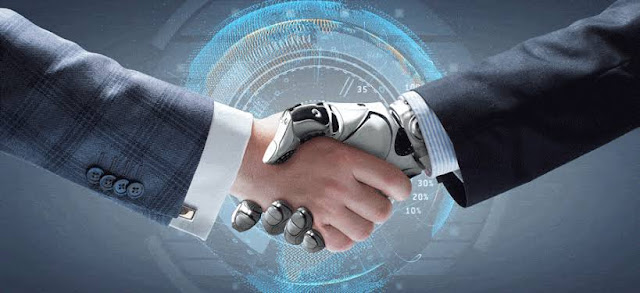Ever since conclusion of the first Industrial Revolution around the 18th century, there has been a lot of discussion about how machines are taking over the tasks that were previously done by humans. To understand that, we must know why they were so successful in the first place. A definition of a machine that is taught to many young students is that it is something “that makes life easier”; not far off from the truth but not quite the complete information either. Some of the first jobs that machines took were those that required a lot of labor or effort to do, for instance, moving bricks or harvesting a field, both of which could be easily done with a tractor. Not only does it cut the costs a company has to make for the salaries of the required labor but the tractor is efficient, as it saves time and is more reliable. We can take a more recent example of this situation, back in 1979, General Motors had about 800,000 employees and made about USD 11 billion, now, fast forward a few years till 2012 and you have Google making USD 14 billion with only 58,00 people.
It is also true that with the rise of the industrial development and technology, more opportunities or fields were created. The jobs of people also became more specialized and they could now focus on more advanced areas that required research. No longer someone had to keep putting a lid on the jars or caps on the bottles in a factory that mass produced them, there was simply a robotic arm that could do all of that. However, in our day and age, machines have long evolved past that. With the rise of emerging technologies, like Artificial Intelligence or Machine learning, your computers are able to do tasks that humans did not think were possible a computer could do; it always was restricted to science-fiction. An example of this is how there was a stat-up in New York that aimed to completely remove the middle management in a company by a software. This start-up is called WorkFusion and the software would do what a Project Manager would, divide tasks, look for freelancers or instruct the company employees and track their progress. With the population of the world rising and unemployment rates already being a pressing issue, does the advancement in such fields help? Can people really innovate and create more jobs faster than the machines can take them? Plus, will the companies find their products to be beneficial if there are so few people who could afford them?

